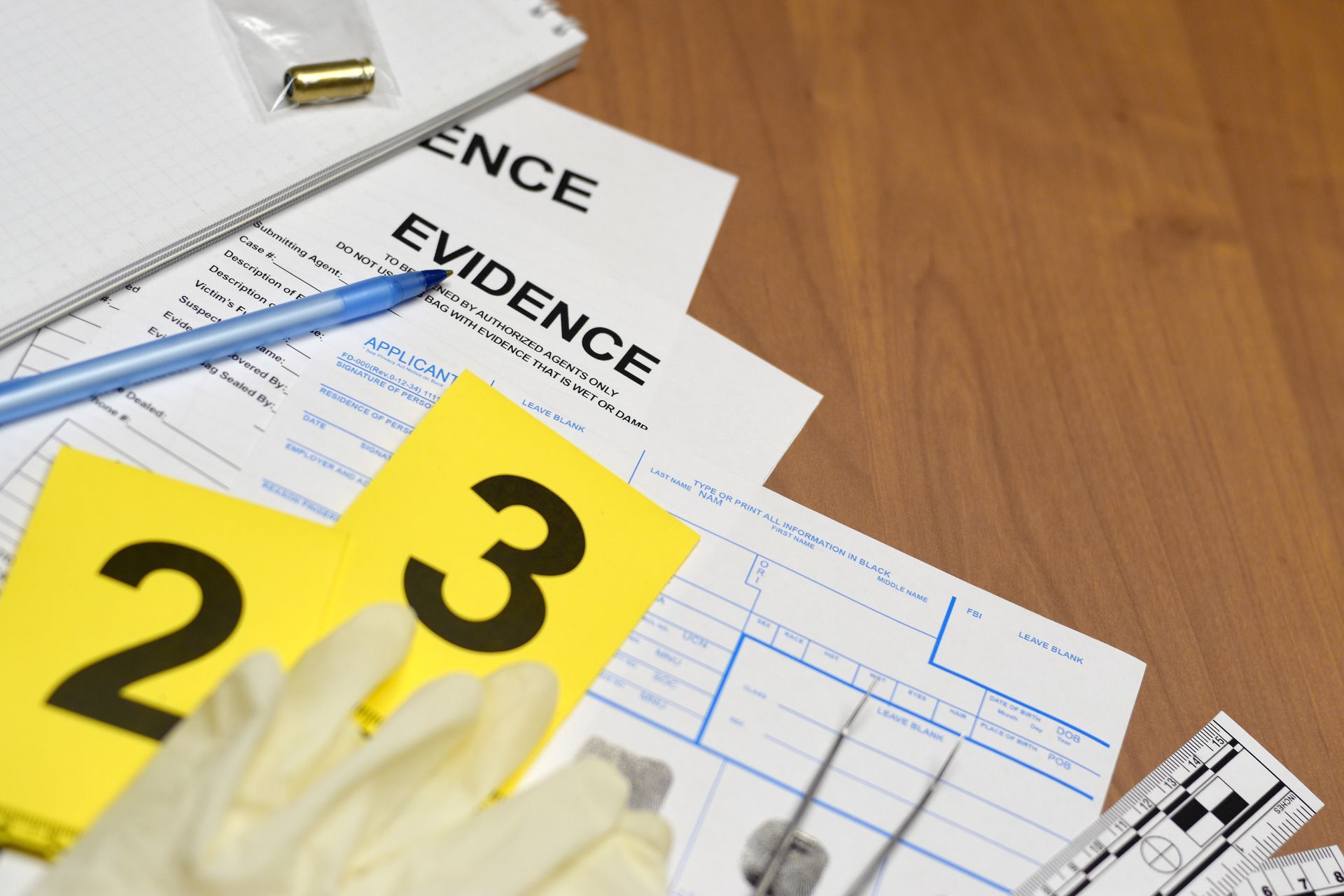Understanding Domestic Violence Charges in Massachusetts: Your Rights and Next Steps
Facing a domestic violence charge in Massachusetts can feel overwhelming. These charges carry serious consequences that may affect not only your freedom but also your relationships, career, and reputation. Understanding what constitutes domestic violence and the possible legal outcomes is a crucial first step toward protecting yourself and preparing a strong defense.
What is Considered Domestic Violence in Massachusetts?
In Massachusetts, domestic violence involves more than just physical altercations. It includes any act of physical harm, an attempt to cause harm, threats of immediate danger, or unwanted sexual contact between family or household members. These members can be spouses, romantic partners (current or former), relatives by blood or marriage, or even current or former roommates.
Law enforcement officers in Massachusetts are required to make an arrest if there is probable cause that a domestic abuse-related offense occurred. This also applies to violations of protective (restraining) orders.
Potential Penalties You Could Face
The consequences of a domestic violence conviction can vary based on the specifics of the incident and whether protective orders were involved. Here are some of the key penalties:
- Assault or Assault and Battery: Up to 2.5 years in jail and a fine of up to $1,000.
- Assault and Battery Under a Protective Order: Up to 5 years in prison and a fine of up to $5,000.
- Violation of a Protective Order: Up to 2.5 years in jail and a fine of up to $1,000.
- Stalking: Up to 5 years in prison and a fine of up to $1,000.
These penalties highlight how quickly a domestic violence allegation can escalate into significant legal jeopardy.
Immediate Steps to Take After Being Charged
Taking the right steps after a domestic violence charge can make a significant difference in how your case unfolds.
- Remain Silent: Avoid speaking to police without legal counsel. Anything said can be used against you.
- Secure Legal Representation: Contact an attorney with a deep understanding of domestic violence cases. Your lawyer can evaluate your case and protect your rights.
- Collect Evidence: Gather text messages, emails, or any other material that supports your account of the events. Witness statements can also be valuable.
Can Domestic Violence Charges Be Dropped?
In some situations, domestic violence charges can be dismissed. Dismissals may occur due to insufficient evidence, conflicting accounts of the incident, or if the alleged victim chooses not to cooperate with prosecution. Each case is unique, and careful legal analysis is necessary to explore this possibility.
The Impact of Protective From Abuse (PFA) Orders
A Protection From Abuse (PFA) order can restrict you from contacting the alleged victim, bar you from your residence, and even limit your ability to see your children. Violating such an order can result in additional charges and penalties.
If served with a PFA:
- Do not contact the petitioner under any circumstances.
- Carefully review the terms of the order.
- Seek legal counsel immediately to prepare for your hearing.
Expungement of Domestic Violence Charges
Expunging a domestic violence charge in Massachusetts can be difficult but is possible in certain scenarios, such as if the charges were dismissed or if you were acquitted. Expungement can open doors to employment and housing opportunities that might otherwise be closed.
Legal Support is Essential
Domestic violence allegations carry more than just legal penalties. They can reshape your personal and professional life. If you are facing these charges, immediate legal support is crucial to ensure your rights are protected and your side of the story is heard.
Contact Brian D. Roman, Attorney at Law today for a consultation. Discuss your case, understand your legal options, and take the first step toward building a strong defense.











